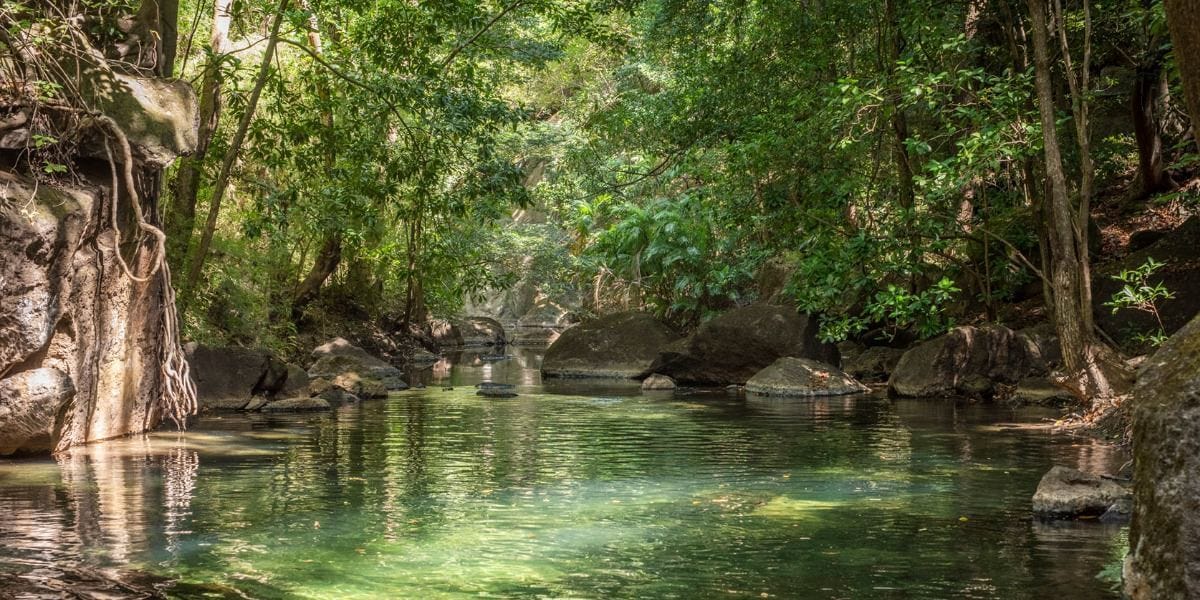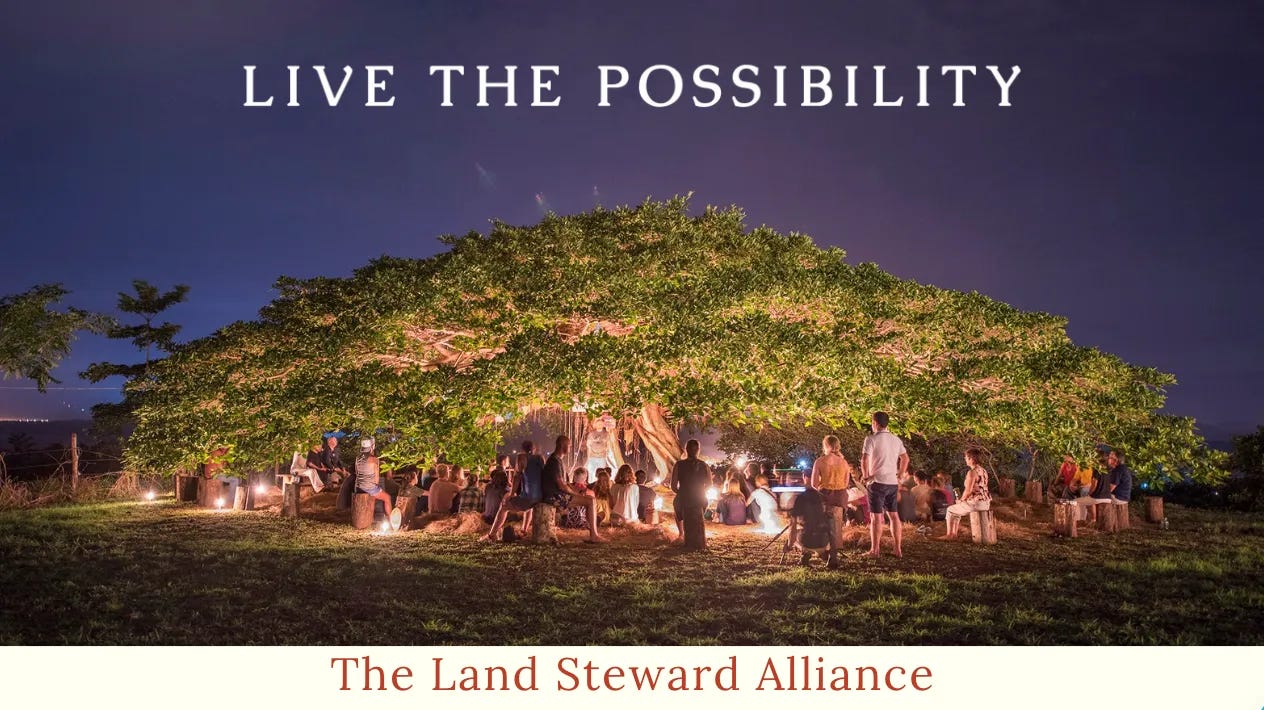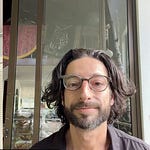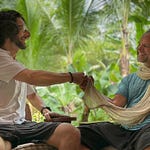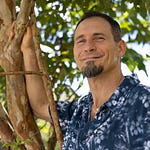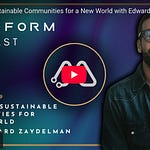For this month’s LSA Workshop Series, I had the pleasure of talking to Gabriel Saragovia, founder of Rio Perdido, a thermal spa and lodge that’s been my hidden gem. We sat down for a conversation about tourism, development, and sustainability in Costa Rica. What unfolded was an honest, hopeful, and sometimes confronting conversation with a Costa Rican whose opinion I greatly respect! Gabriel shared his lived experience—decades of observing how Costa Rica has changed, where it’s working, and where it’s losing the plot.
Rio Perdido stands out as an example of what’s possible when development is rooted in respect—for the land, for the people, and for its visitors. The team at Rio Perdido maintains some of the best practices I’ve seen in ecological stewardship and pairs it with transformative nature experiences that allow you to be fully immersed. With over 1,000 acres of preserve and trails to hike, bike, float, and soar—there’s no shortage of things to do. And when you're done, you soak in the emerald-colored river.
What I also love about Rio Perdido is that its owned and run by Ticos. The staff is made up entirely of locals and families from the area who work together to make it feel like home. So when one looks at best practices, they are not only related to ecological sustainability but also social and cultural sustainability and best practices. Your project can fit into the rich tapestry of its place and the people or not.
The Vision Behind Rio Perdido
Set in the volcanic region of Guanacaste, Rio Perdido sits on more than 1,000 acres of preserved forest and ecosystem, with a thermal river running through it. The property is privately maintained, and Gabriel and his team have worked hard to keep the trails, forest, and waters accessible in a way that rivals most national parks.
This is not a place trying to maximize rooms or expand as fast as possible. It’s a place that listens. And it shows—in the design, the food, the way the staff treats you, and how the land is held. It feels whole. Grounded. Alive.
But more than the infrastructure, what Gabriel spoke about most was responsibility. Not just to nature, but to community.
“We didn’t just hire a few locals. This place is run by families from the area. That was the vision from the beginning.”
Lessons from the Conversation
Tourism Isn’t the Enemy—But It Needs to Mature
Tourism has been good for Costa Rica in many ways, but the pressure is growing. Development without foresight can quickly become destructive. Gabriel emphasized the need for low-density, high-integrity projects that work with the land instead of against it.
Community Engagement Is Essential
You can’t build something meaningful if you ignore the people who already live there. The most successful projects involve locals from day one—not just as employees but as partners, collaborators, and co-creators.
Short-Term Thinking is the Real Threat
Too often, economic decisions are made from fear, ego, or scarcity. That’s what leads to extraction and overdevelopment. The shift we need is toward long-term stewardship, not quick returns.
Developers Should Live in the Places They Build
One of Gabriel’s strongest points was simple: spend time before you decide. Developers need to be on the ground, walking the land, getting to know the culture and community, before ever submitting plans or selling lots.
What This Means for Us
Listening to Gabriel speak, I kept coming back to a core truth:
Building and developing responsibly isn’t a trend—it’s an evolution.
This isn’t about a checklist or certification. It’s about how we show up. The presence we bring. The care. The time and attention to do things right!
It’s also about learning to zoom out—to consider not just the next quarter or the next retreat season, but the next decade, and the next generation.
Are we leaving the land better than we found it?
Are we contributing to community resilience?
Are we building something that lasts, or just something that sells?
A Way Forward
The real opportunity is for a small group of committed people to model what’s possible. That’s how movements begin. And that’s already happening—quietly, intentionally, across Costa Rica alongside things that aren’t as exemplary!
Gabriel’s story is a reminder that integrity can be a foundation, not an afterthought.
Let’s keep choosing that path.
The Land Steward Alliance is where we gather monthly as a diverse group of stakeholders ranging from Project Founders, to Architects and Builders, Non-Profits and Investors alike—supporting one another in this journey of building thriving, resilient projects and lives. If you want to be part of these conversations, come join us.
Additional Resources
If you are interested in the subject matter of interdependence, resilience, and the future of humanity - check out: Dear Future Human from Ronit Herzfeld.
To Your Thriving Vision,
Ed
Founder, Live the Possibility


